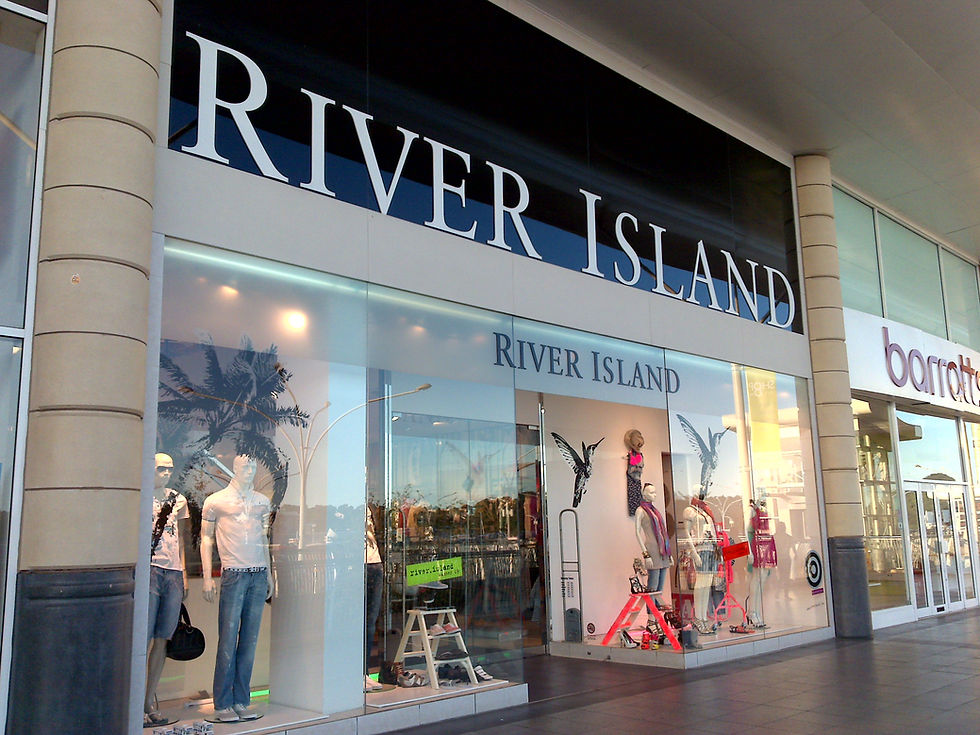Unilever’s Business Strategy
- Dr. Marvilano

- Aug 31, 2021
- 3 min read
Unilever, a global consumer goods company, has established itself as a leader in the industry by delivering a diverse range of products that touch the lives of billions of people worldwide. This article explores Unilever's business strategy, highlighting its core activities, strategic approach, and providing an insightful review of its sustainable and purpose-driven approach to business.

1. What Unilever Does
Unilever operates in the fast-moving consumer goods (FMCG) sector and offers a wide portfolio of products across multiple categories, including:
Home Care: Unilever produces a range of home care products, including laundry detergents, household cleaners, air fresheners, and fabric conditioners. Brands such as Omo, Cif, and Domestos are well-known for their effectiveness and quality, catering to consumers' cleaning and hygiene needs.
Beauty and Personal Care: Unilever is a major player in the beauty and personal care segment, with brands like Dove, Axe, Rexona, and Sunsilk. Its products encompass skincare, haircare, deodorants, oral care, and personal hygiene. Unilever focuses on creating products that promote self-confidence, individuality, and sustainability.
Foods and Refreshments: Unilever offers a diverse range of food and beverage products, including spreads, ice cream, tea, and savory snacks. Brands like Knorr, Lipton, Ben & Jerry's, and Hellmann's are recognized globally for their taste, quality, and commitment to sustainable sourcing and production.
2. Overview of Unilever's Strategy
Unilever's business strategy revolves around three key pillars: sustainable living, purpose-driven brands, and operational excellence.
2.1 Sustainable Living:
Unilever has positioned sustainability at the core of its strategy. The company aims to improve the health and well-being of people while reducing its environmental footprint. Unilever's Sustainable Living Plan outlines ambitious goals, including reducing its carbon footprint, promoting sustainable sourcing, and enhancing social impact. By integrating sustainability into its operations, Unilever seeks to create long-term value for all stakeholders.
2.2 Purpose-Driven Brands:
Unilever focuses on building purpose-driven brands that address societal challenges and resonate with consumers' values. The company believes that brands with a clear purpose can drive positive change and build stronger connections with consumers. Unilever's brands actively promote causes such as gender equality, body positivity, and environmental conservation, aligning with consumers who seek to make a difference through their purchasing choices.
2.3 Operational Excellence:
Unilever strives for operational excellence to drive efficiency, innovation, and cost-effectiveness. The company constantly evaluates its supply chain, manufacturing processes, and distribution networks to optimize performance. Unilever's commitment to operational excellence allows it to deliver products efficiently, respond to changing consumer preferences swiftly, and enhance its competitive position in the market.
3. Review of Unilever's Strategy
Unilever's business strategy has been successful in several key aspects:
Sustainability Leadership: Unilever's commitment to sustainability sets it apart from its competitors. The Sustainable Living Plan demonstrates the company's dedication to addressing environmental challenges and improving social impact. Unilever's focus on sustainable sourcing, responsible production, and reducing waste showcases its leadership in driving positive change within the FMCG industry.
Purposeful Brands: Unilever's strategy of building purpose-driven brands has resonated well with consumers. By aligning its brands with social and environmental causes, Unilever has tapped into the growing consumer demand for ethical and sustainable products. Brands like Dove's self-esteem initiatives and Ben & Jerry's advocacy for climate justice have garnered positive attention and loyalty from consumers who appreciate the company's commitment to making a difference.
Operational Efficiency: Unilever's pursuit of operational excellence has enabled it to achieve cost savings, streamline processes, and enhance agility. The company's focus on supply chain optimization, digital transformation, and innovation has allowed it to respond swiftly to market demands and deliver products efficiently. Unilever's operational efficiency contributes to its competitive advantage and ability to navigate the ever-evolving consumer landscape.
***
Unilever's business strategy reflects its commitment to sustainable growth, purpose-driven brands, and operational excellence. By placing sustainability at the core of its operations, Unilever has demonstrated its leadership in addressing global challenges and meeting consumer expectations. The company's purpose-driven brands not only drive positive social impact but also foster stronger connections with consumers. With its focus on operational efficiency, Unilever remains well-positioned to adapt to changing market dynamics and continue delivering quality products that align with the values of conscious consumers. As Unilever moves forward, its strategy will continue to shape its success and influence the broader FMCG industry toward a more sustainable and purposeful future.



Comments